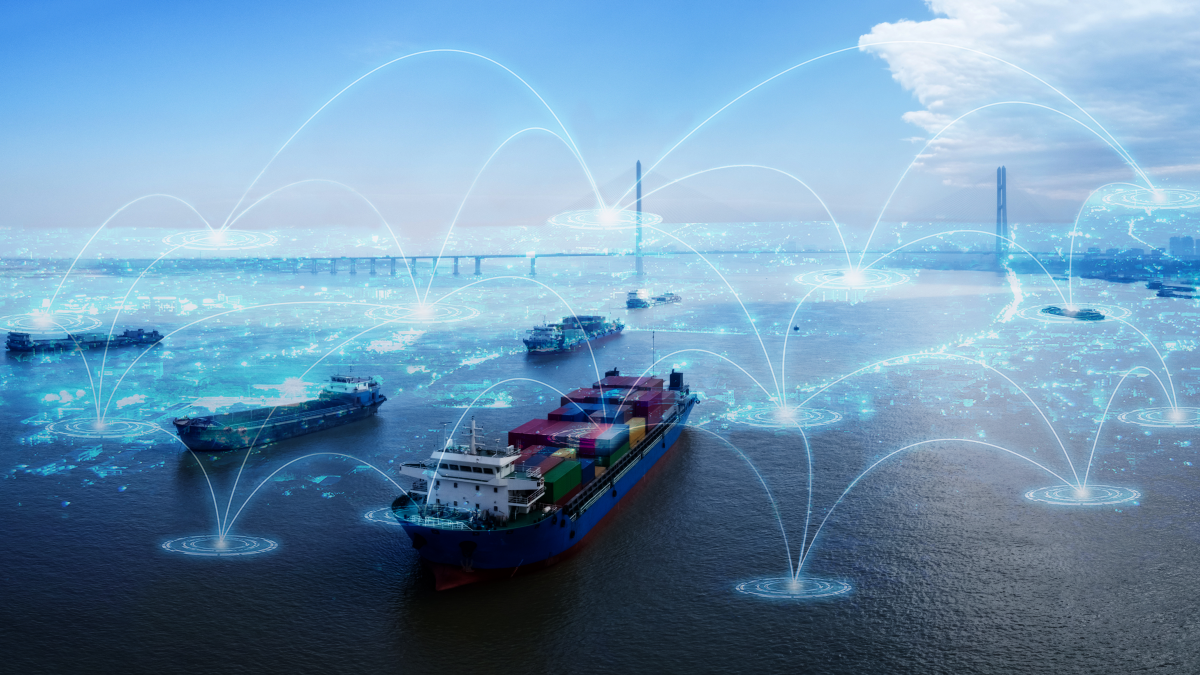Digitalization represents the transition of information, tools, and processes into a technological format in order to leverage benefits to improve the business process. This period of technological adoption has seen industries drastically change their operations to promote a digital future which emanates efficiency, reliability, and the effective evolution of business to withstand growing demand and disruptive innovation. The scope of reasons for adopting technological and digital practices is therefore vast, with each industry, sector, and business seeking different benefits. Inmarsat have worked to understand the shipping industries most prominent reasons for this adoption, capturing insights from shipowners and ship managers and those at the highest level of decision-making in a research programme report commissioned in 2020. These insights are not only useful in broadening / deepening our understanding of the maritime industry, but it offers service-providers the tools and knowledge needed to properly support this technological transition.
The report, conducted in May of 2020, found that cost reduction was the primary driver for digitalization. 71% of respondents agreed that reducing operational costs and creating operational efficiencies was a top priority in the digitalization process. This is as digitalization offers an almost endless spectrum of possibilities and opportunities for progress – meaning service providers and specialists can develop cost efficiencies in almost every mode of thinking.
Service providers are most certainly capitalizing on this; developing systems, software, and procedures which support opportunity for cost efficiencies. For example, Navarino’s new IT Managed Service, named Quazar, enables significant cost efficiencies in numerous ways. Through a personal IT Manager supplied by Navarino themselves, the cost for recruiting and training additional resources is minimized, or even eliminated. Differently, Spectrum by Navarino – a software suite of tools and processes – enables IT managers to comply with cyber-risk management regulations introduced by the IMO. Through full compliance, ship owners are eligible for insurance benefits, which ultimately enables owners to save money.
When asked how much they are expecting to save through the adoption of digital solutions, respondents averaged 11% in operational cost savings. This is important for fleet owners in as much as shipping companies can invest these savings elsewhere in the business structure in order to promote growth, whether that be in R&D and business development, marketing, or customer retention activities. For example, through Quazar, the everyday tasks of IT managers are undertaken by the Navarino personal IT Manager, giving the time and freedom needed for the ship IT Manager to ”focus on the bigger picture” and create further innovation for the company, leading to cost-savings.
Therefore, digitalization is important for providing opportunity for growth; empowering ship owners with the extra resources needed to grow aspects of the business that would perhaps be more difficult to achieve otherwise.
